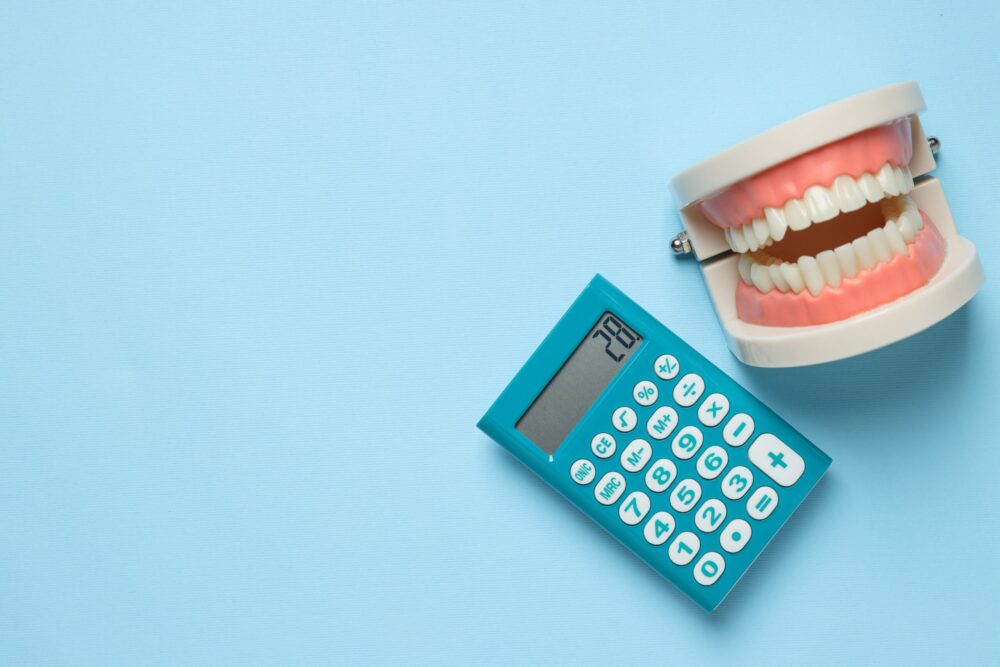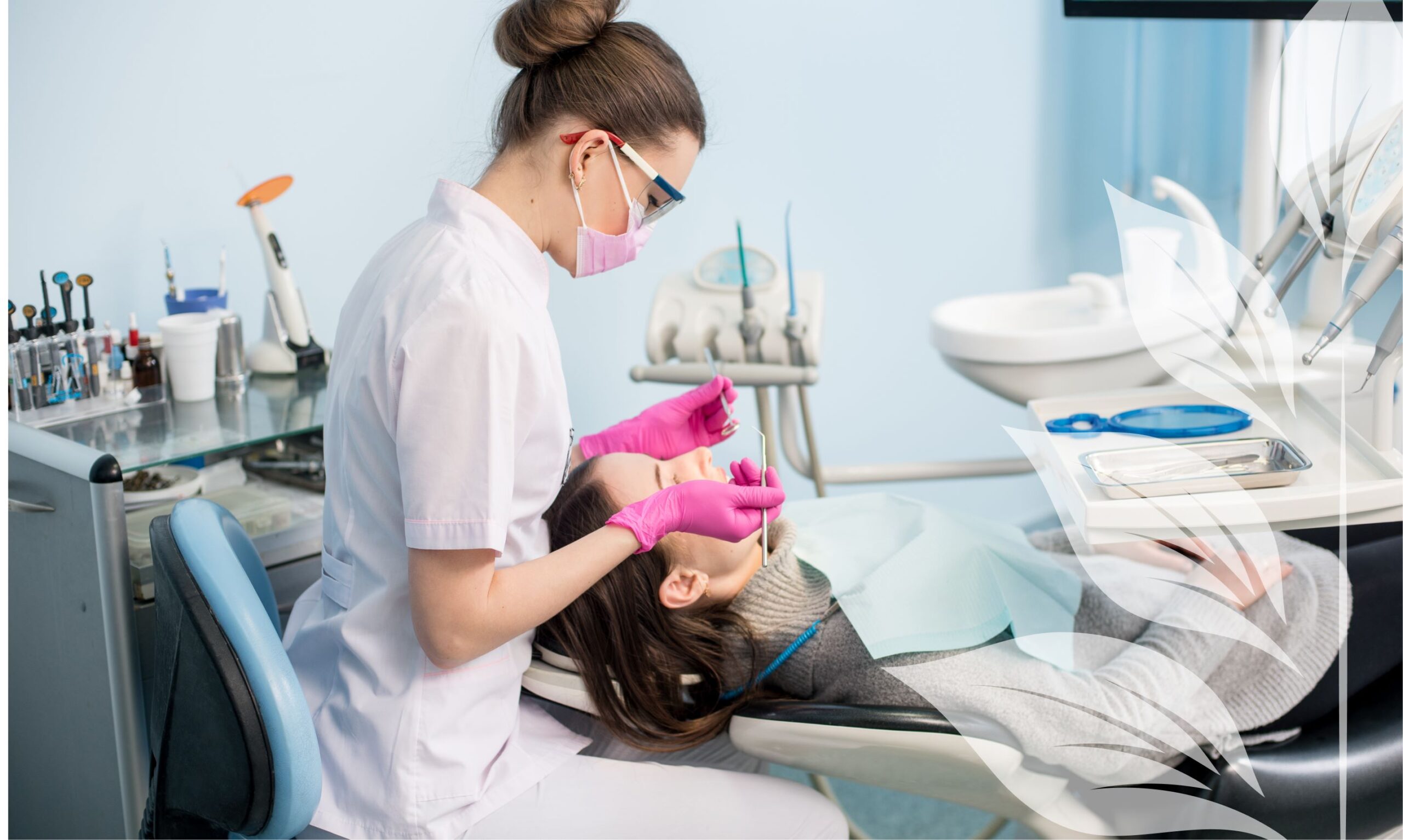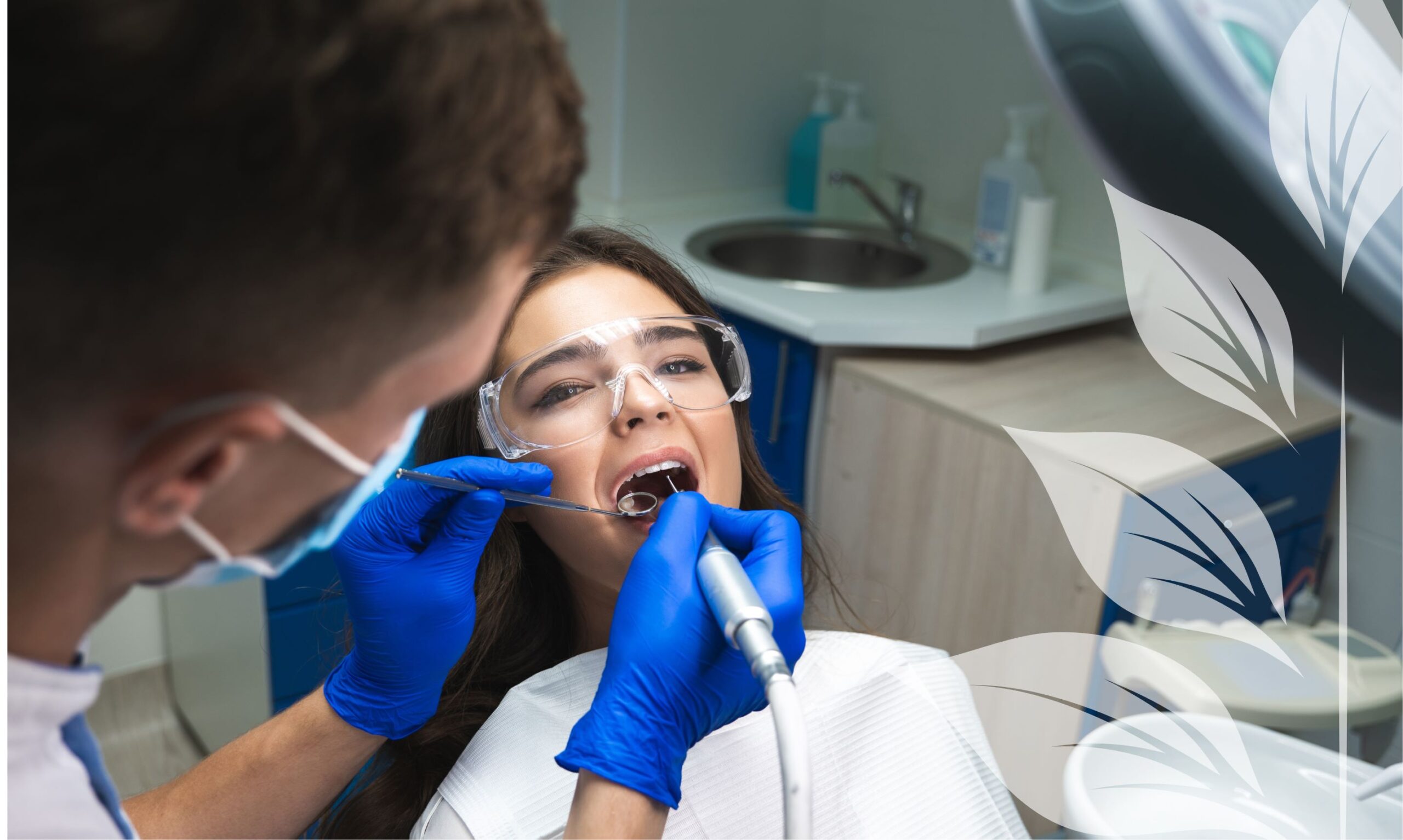Dental emergencies happen, but you can be prepared.
In 2016, Americans made 2.2 million visits to the emergency room for what turned out to be a dental emergency. Oftentimes, medical hospitals aren’t prepared to treat dental emergencies, while your local dentist office has the tools and the know-how to bring you much-needed relief.
Recognizing the signs of an emergency dental problem can help you get the care you need right away. When you know that what you’re dealing with is a dental emergency, you can look up “emergency dental near me,” rather than heading for the nearest ER.
What are the signs of a dental emergency? Are there any dental issues that you can seek preventative treatment for before they become an emergency?
Whether you have a dental emergency in Griffin or a dental emergency in Hampton, we’re here to help. First, let’s start with recognizing the signs. Read on to understand the signs and when to look up, “dental emergency near me.”
Loosened or Knocked-Out Teeth
We all know that adults aren’t supposed to lose their adult teeth. If you notice that one of your adult teeth has become loose or wiggly, it could be an indication of tooth or gum injury. In some cases, a loose adult tooth could indicate some level of nerve damage, which doesn’t always present symptoms of pain or discomfort right away.
Teeth that become knocked out due to an accident, sports injury, or other trauma to the mouth should also be treated as a dental emergency. While it may not cause severe pain, a knocked-out tooth can lead to further dental damage down the road. For example, surrounding teeth may begin to shift into that vacant space, causing misalignment of the teeth and jaw.
Broken, Chipped, or Cracked Teeth
Sometimes, trauma to the mouth doesn’t cause a tooth to fall out but does cause teeth to break, chip, or crack. Even a minor crack or chip can lead to complications, including fever, sensitivity in the affected tooth or gums, swelling in the gums, and even pain that radiates down into the neck.
In order to address a broken, chipped, or cracked tooth before your condition worsens, there are a number of procedures we may use. We may be able to bond the tooth if the crack is minor or cover the damaged area with a dental crown. In more severe cases, we may consider performing a root canal or extraction to protect you from nerve or root damage.
Severe Toothache or Gum Pain
Oftentimes, patients experiencing a dental emergency cite symptoms such as a severe toothache or pain in the gums. When we’re experiencing pain, it can be difficult to pinpoint the source or cause, which is one of the many reasons that seeking emergency dental care is the first step toward a full recovery.
A severe toothache can be the symptom of a number of dental problems, from an undetected crack to tooth decay. One possible source of tooth pain is a dental abscess. Dental abscesses stem from the growth of bacteria, often starting in a cavity and spreading to the soft tissues and even the bones in the face and neck.
In addition to tooth pain, gum pain can also indicate underlying issues. For example, you may notice a bit of blood in the sink after flossing, and while this isn’t a great sign, it may just mean that you need to floss more often. Large amounts of blood, lingering achiness, or swelling of the gums, on the other hand, may be a sign of something more serious.
Developing mild gum disease isn’t uncommon, but it should be treated right away. When gum disease is left to worsen, it can be difficult to restore your teeth and gums to a healthy state. Fortunately, catching gum disease early means that we can use simple, effective treatments to get you back on your feet!
Broken Jaw
If you believe that you have a broken jaw, you may be wondering whether a medical doctor or a dentist is the right person to provide treatment. The answer is that any break—especially near your brain—requires a trip to the hospital for evaluation and treatment by an emergency dentist or oral surgeon. If you develop symptoms, like a swelling tongue that makes it difficult to breathe, head to your nearest emergency room right away.
Typically, a broken jaw causes severe pain in the jaw and may also contribute to pain in the gums, neck, or teeth. It is important to have a broken jaw treated properly rather than allowing it to heal on its own. Without proper treatment, you may develop a misalignment of the teeth and jaw that make chewing and speaking difficult. However, a visit to your dentist after a trauma affecting your mouth should be on your checklist after the initial evaluation and treatment to ensure your jaw is healing properly.
Bitten Tongue or Lip
Sometimes, an injury caused by a bitten tongue or lip is minor and can be treated at home. However, if you find that the bleeding does not stop after 15 minutes of applied pressure, you may want to contact your dentist.
Oftentimes, we are equipped to help treat a bitten tongue or lip. If we find, after examining the injury, that the laceration is severe, we may refer you to the nearest emergency room for further treatment.
Seeking emergency dental near me? Allred Family Dentistry is here to help.
When you’re experiencing symptoms like severe pain, your first instinct may be to head to your local emergency room. We hope that our guide has helped you determine when contacting your local Griffin or Hampton dentist is the way to go. At Allred Family Dentistry, we are equipped to help you in a dental emergency.
To make a dental appointment, head to our online appointment scheduler and select the dentist near you. If you are experiencing a dental emergency, call our Griffin location at 770-228-6101 or our Hampton location at 770-284-3403 and our staff will assist you as quickly as possible.





